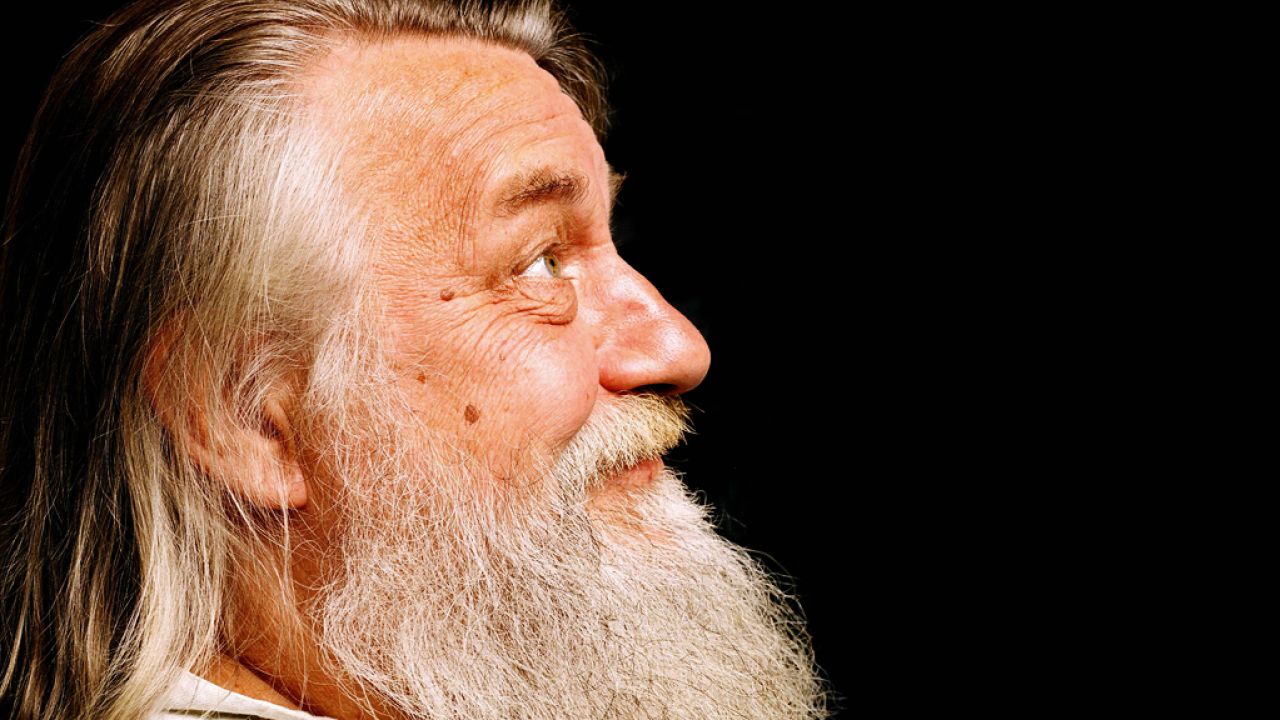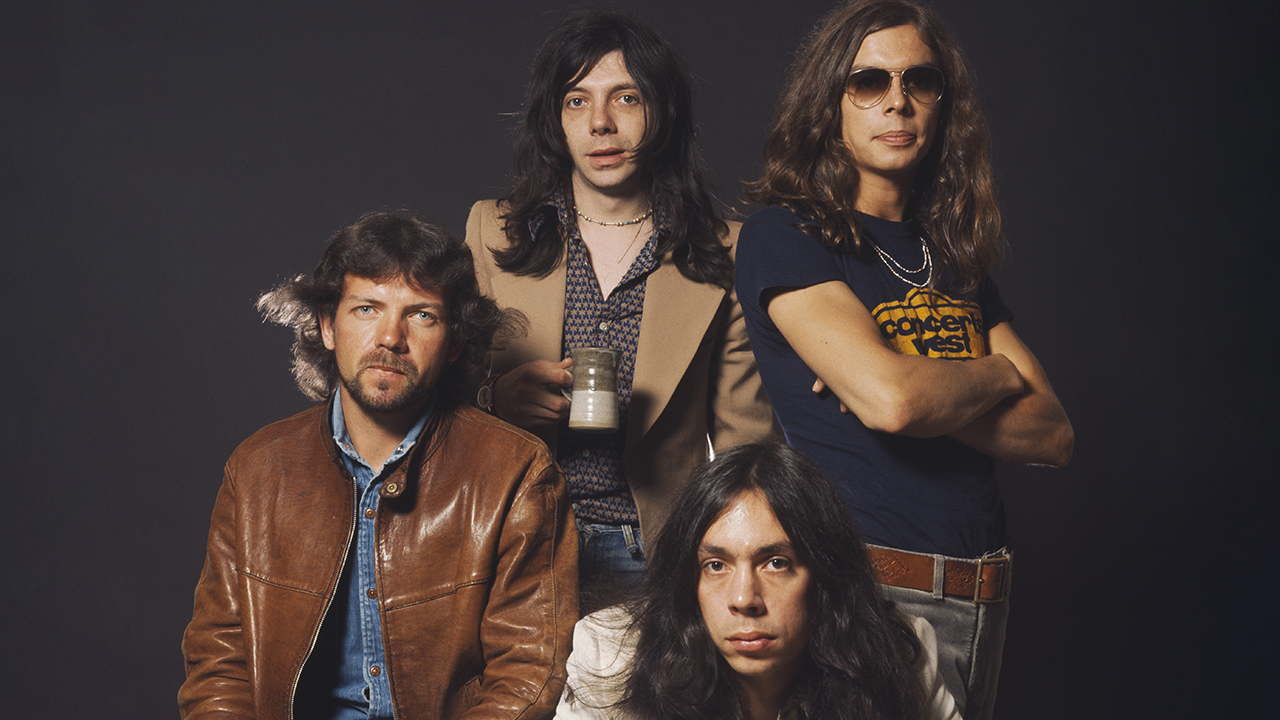Politics: Robert Wyatt
Softs man under protest.

Shipbuilding came out thirty two years ago. Why has the song endured?
Shipbuilding had a very specific subject, the Falklands, but it applies every time we send soldiers off to any conflict that turns out to be pointless or counter-productive. Elvis Costello wrote it and still feels the need to sing it, but I think both of us wish it wasn’t necessary.
Has there been a lack of political pop since?
I don’t think you can blame songwriters, because they respond to what’s going on in the world and the conflicts today are much more ambiguous. I think the most successful political writer of the last thirty years is Jerry Dammers, who actually got South African kids singing Free Nelson Mandela. Apartheid was a very clear and easily understood situation; it was black and white, if you’ll pardon the expression.
Were sixties kids more politicised than now?
In realistic terms no. Wanting to smoke dope and being rude about your parents isn’t exactly protest, is it? But there were elements in America especially, with people writing songs about civil rights and Vietnam which were very powerful.
What were the most effective political songs of that time?
Sign up below to get the latest from Classic Rock, plus exclusive special offers, direct to your inbox!
Buffy Sainte-Marie wrote Universal Soldier, and Bob Dylan had Masters Of War, which asked who was worse: the individuals willing to fight, or the governments who sent them. But the true catalyst was civil rights and Sam Cooke’s A Change Is Gonna Come. That set the tone for musicians taking a critical look at the establishment.
Terry Staunton was a senior editor at NME for ten years before joined the founding editorial team of Uncut. Now freelance, specialising in music, film and television, his work has appeared in Classic Rock, The Times, Vox, Jack, Record Collector, Creem, The Village Voice, Hot Press, Sour Mash, Get Rhythm, Uncut DVD, When Saturday Comes, DVD World, Radio Times and on the website Music365.
